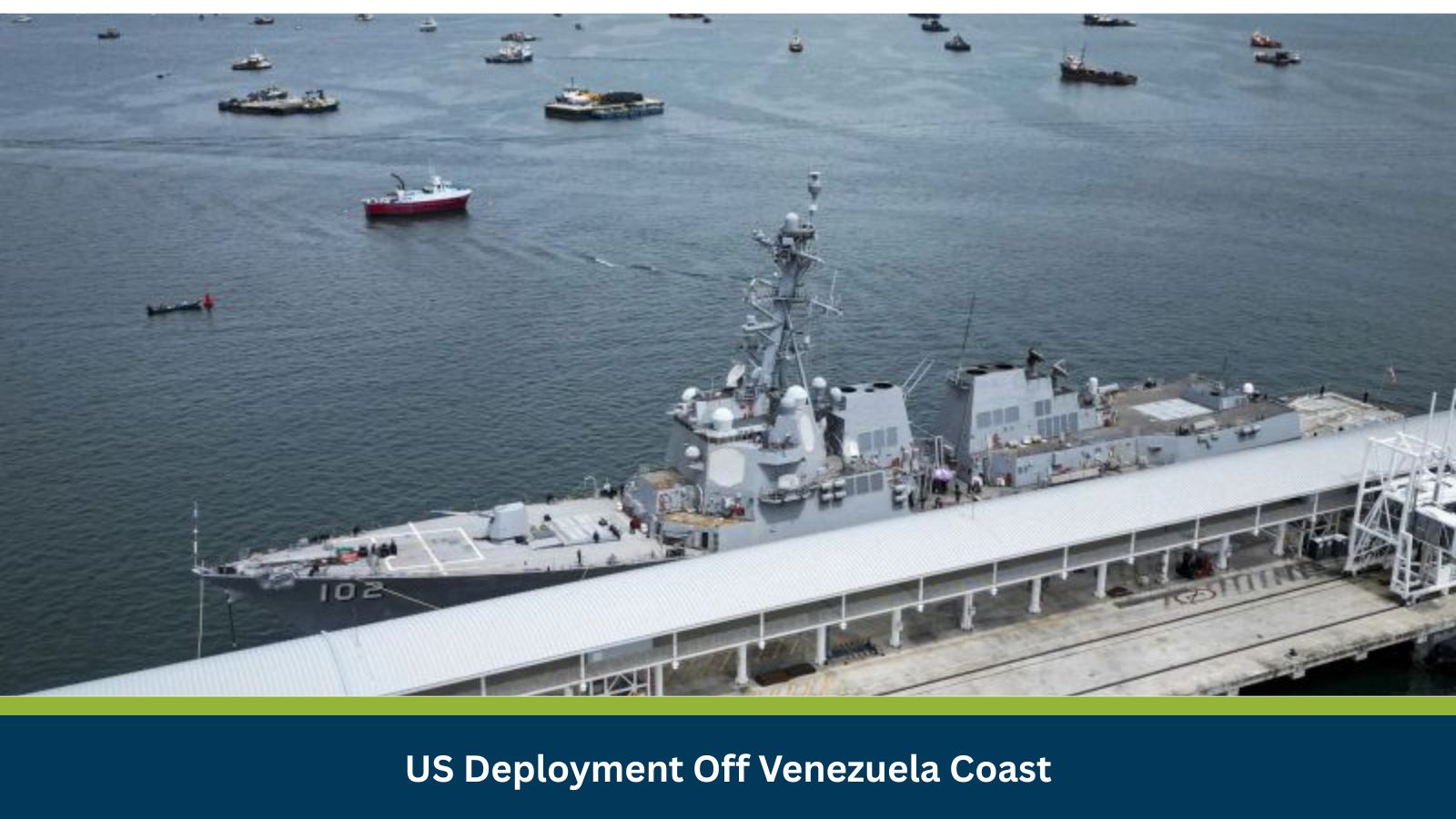The US has deployed seven warships, a nuclear submarine, over two thousand Marines, and reconnaissance aircrafts off Venezuela’s coast on what it calls a “drug enforcement mission”. On 02 September, the US Navy carried out a lethal strike against a boat allegedly carrying drugs from Venezuela, killing 11 members of the Tren de Aragua gang.
The incident signals an escalation in America’s fight against drug-trafficking in the region, while Venezuela condemned the action as further proof of foreign hostility.
Experts opine that a deployment of this scale seems more than what a drug enforcement mission would require. Trump administration has designated Venezuelan (and Mexico’s) drug cartels as terrorist organizations and authorized the Defense Department to use force against them.
The US is stepping up pressure on Nicolás Maduro. The Administration says it does not recognize Maduro as a legitimate head of state. It has doubled the bounty on him to $50 million.
Trump opposes involvement in foreign wars and wants “no boots on ground”. He would like to see Maduro gone, but mistrusts the Venezuelan opposition after a bad experience with the Juan Guaidó fiasco in his first term. Experts say Foreign Secretary Rubio favours a more active US intervention in Venezuela.
Trump may not be averse to using overwhelming force in short bursts to achieve strategic objectives (as his intervention in Iran showed). According to Ian Bremmer, “Judging by the administration’s recent moves, Rubio may have succeeded in convincing the president that Venezuela offers the perfect opportunity for him to project strength on the global stage and take an easy victory lap at a time when the regime is brittle and some of his other big-ticket foreign policy gambits are flopping.”
Ian Bremmer adds, “Most likely, the goal isn’t to seize territory or topple the regime in one go… it’s to ramp up the pressure on the people keeping Maduro in power, shifting their calculations and eventually threatening his standing.”
The US is not a signatory to United Nations Convention on the Law of the Sea (UNCLOS) which mandates countries not to interfere with vessels operating in international waters. There are limited exceptions to this which allow a state to seize a ship, such as a “hot pursuit” where a vessel is chased from a country’s waters into the high seas.
Disclaimer: The article has reference to open sources including AP News, BBC & GZero Daily.
Image: Bloomberg






